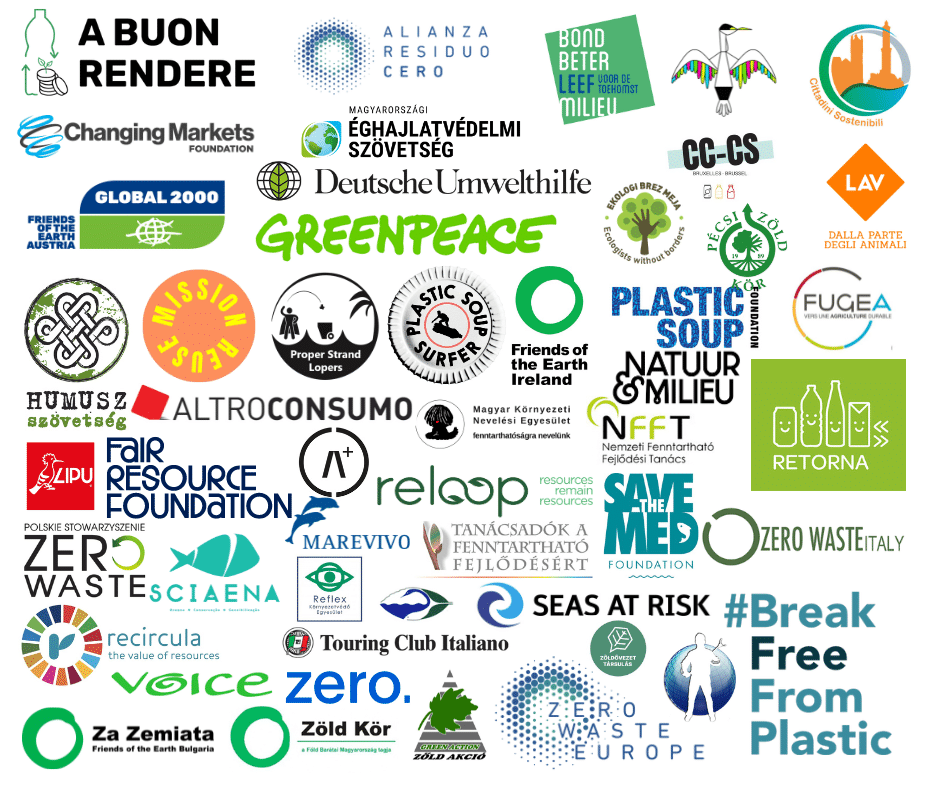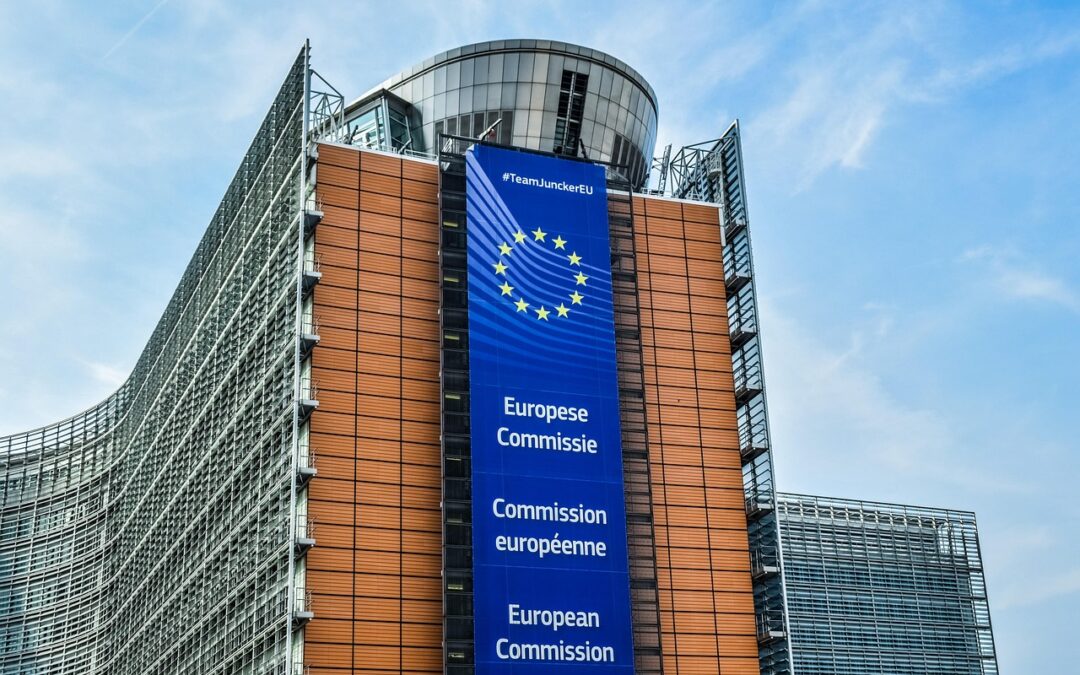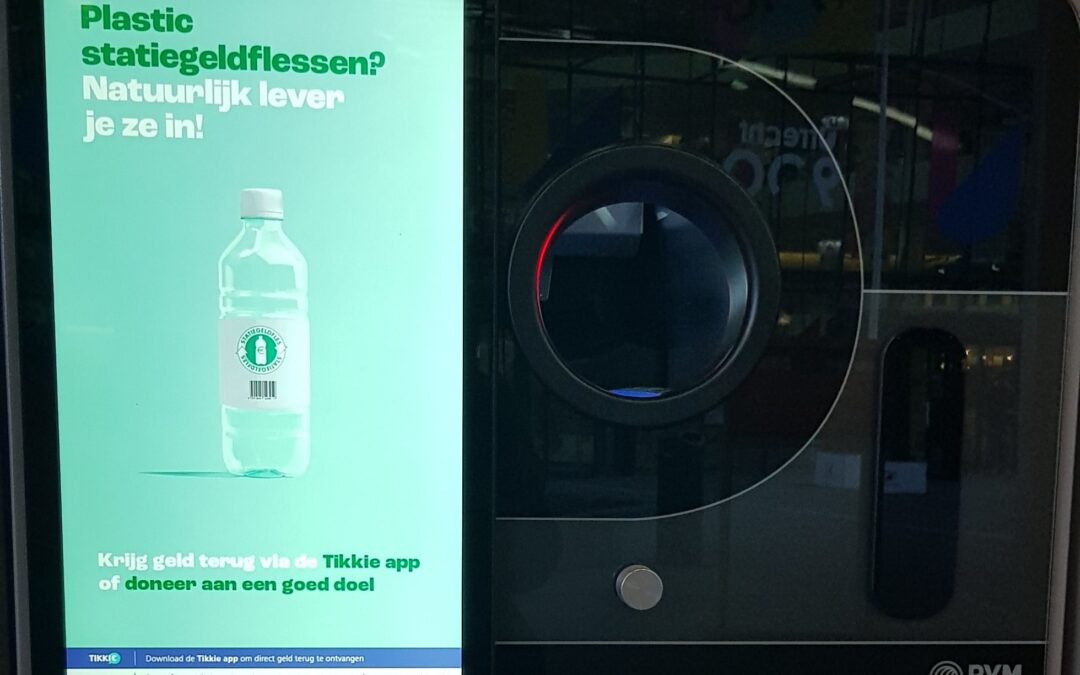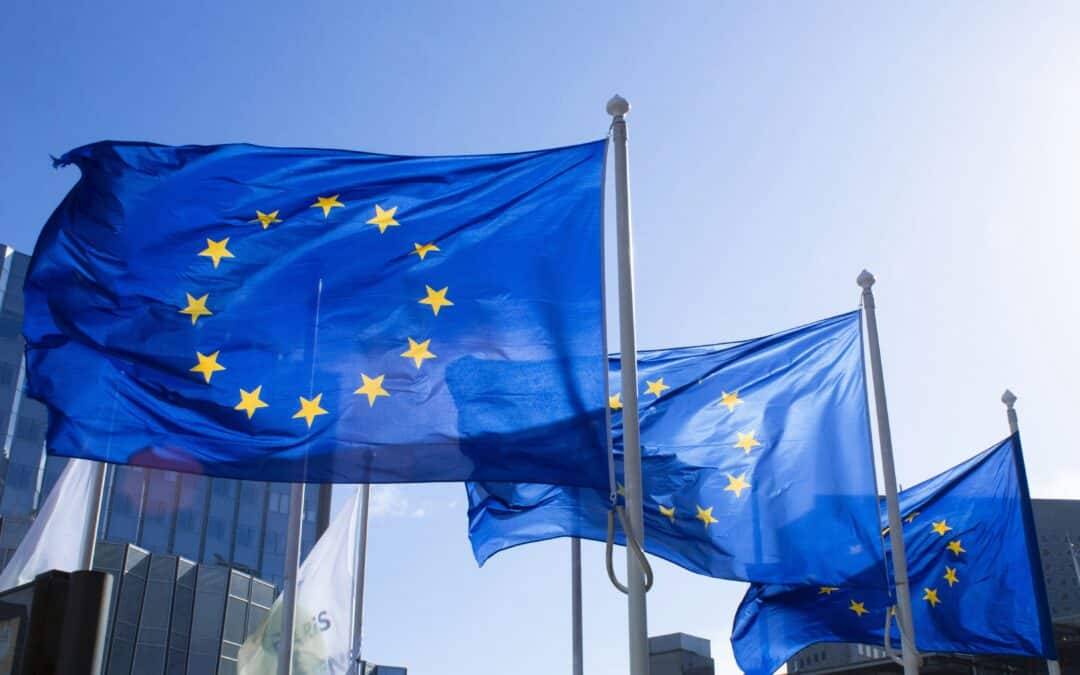While the general ambitions of the Packaging and Packaging Waste Regulation (PPWR), especially regarding the reuse targets, have been largely watered down by industry lobbies, we do still welcome the direction given to DRS in the new revision of the PPWR. With this joint letter – signed by 50 European organizations – we comment on the regulation, which consecrates DRS as a solution to increase selective collection, foster reuse and harmonize beverage packaging collection in Europe.
A legislation laying the ground for future-proof European DRSs
It is our view that the PPWR gives clear direction to what Deposit Return Systems ought to fulfill. We appraise the fact that the European institutions:
- Recognize DRS as the most effective solution to meet the ambitious target of selective collection for plastic bottles and cans. This by making DRS mandatory to all Member states, except if they reach the final 90% target with other means (see next section for more detailed assessment). This makes full sense, as no Member State has reached these ambitious targets without a DRS;
- Pave the way towards DRS for reusable packaging. Not only is the revised PPWR supporting an international move towards DRS for single-use, it is also encouraging the use and scaling up of DRS towards reuse. This is done by requesting from Member states that DRSs for single-use are “equally available for reusable packaging where technically and economically feasible” (Article 44(6)). Besides, the PPWR specifically mentions glass packaging as a low hanging fruit in this reuse transition. DRS is even listed as one of the measures that can help Member States to step up toward re-use and refill (Article 45);
- Support the harmonization of DRSs in Europe: we see the essential requirements (Annex X), as a way to harmonize systems and increase interoperationality between national systems, especially new ones. We do however regret that the expected harmonization for countries which already have a suboptimal deposit is only expected from 2035 (article 44(9)), rendering interoperationality more difficult. We hope countries with existing systems will strive to also align with those requirements.
Chloé Schwizgebel, Fair Resource Foundation:
“With this revision of the PPWR, DRS is clearly consecrated as a stepping stone towards reuse and closed-loop recycling. We salute the ambitions towards effective and harmonized deposit systems all around Europe. We hope this will encourage countries which do not yet have DRS to level up their game”.
Enzo Favoino, Scientific Coordinator at Zero Waste Europe:
“The structure of final provisions on DRS included in the PPWR, defines a clear roadmap towards adopting DRS across Europe, as a key element to maximise circularity for targeted materials, and fight littering, which is an operational and economic burden on local communities. The final target of 90%, and the compelling need to meet it in 2029, make it unavoidable to start planning for a widespread adoption of DRS, also in Member States that currently have no plan in this respect”.
Alexis Eisenberg, Director France and Francophonie at Reloop:
“We welcome the implementation lever of the deposit system if the collection rate of plastic bottles and cans does not reach 80% by 2026. We rely on the PPWR and the DRS to serve as the tool for transitioning and supporting European consumers towards reuse while maximizing material circularity. We count on the PPWR to accelerate the circular economy in Europe.”
Beware of loopholes on the way
In spite of the general positive text on DRS, it is essential to be aware of some shortcomings stemming from the amendments and provisions made on the initial text of the Commission:
- Incoherence in timing: potential exemptions are conditioned by the reporting of selective collection from Member States. However, while an European methodology for measuring selective collection of plastic bottles already exists (see SUP Implementing Decision 2021/1752), an harmonized methodology for cans will only be known 24 months after the entry into force of the revised PPWR (article 50(7)). More worrying even, reporting is only expected from calendar year 2028 and to be reported mid-2030 (article 50(3) and (4)). This creates room for unwanted delays and unharmonized reporting as Member States will be able to report selective collection of cans based on national data until 2028.
- Unclear exemptions: Member States can request an exemption from the mandatory DRS when reaching 80% selective collection in 2026, with concurrent submission to the Commission of an implementation plan to achieve 90% (article 44(3)(a) and (b)). Without a European-wide, consistent methodology for the calculation of selective collection on cans (for 2026) or clear guidelines on the requirements of the implementation plan (for 2028), we fear a legal void which will open the door to regrettable (and misleading) exemptions.
We draw here attention to article 44(5), which mandates the introduction of DRS for all Member States – including those transitionally exempted in 2026 – when unable to reach 90% selective collection by 2029. This is cross-consistent with the SUP target for PET bottles. Thus, the temporary exemption doesn’t alleviate the final 90% target. - Confusing exemption to the take-back obligation: take-back obligation is an essential component of effective DRS, as it protects consumers by ensuring they can get their money back in all points selling beverage drinks. One of the latest provisions creates confusion by enabling an exemption to this essential obligation (Annex X (l)). Not only is the phrasing of the exemption unclear, it is also misaligned with the PPWR ambitions towards promoting reuse, by providing an exemption based on food-grade recycling criteria.
What’s next on the European path towards DRS?
The PPWR has the potential to offer a clear roadmap for countries who still have to plan the introduction of a DRS on plastic bottles and cans such as Belgium, Italy, France, Portugal or Spain. We congratulate the fact that the PPWR affirms also the role of DRS towards reuse, in that it enables the needed organisational and behavioural change.
However, to keep DRS a strong and ambitious environmental measure, European institutions need to provide clarity on the expectations related to DRS in the PPWR. For instance by preparing clearer guidelines for the exemptions, highlighting the key role of the final target at 90%. But also by requesting data – for cans – which follow a European methodology for an exemption request, instead of national data, to ensure fair and comparable assessments across all Member States.
Position paper co-signed by:

GLOBAL 2000 (Austria)
Bond Beter Leefmilieu (Belgium)
Canal It Up (Belgium)
CCB (Belgium)
Fugea (Belgium)
Greenpeace Belgium (Belgium)
Proper Strandlopers (Belgium)
Za Zemiata (Bulgaria)
Reloop (France)
Deutsche Umwelthilfe (Germany)
Éghajlatvédelmi Szövetség (Hungary)
Humusz Szövetség (Hungary)
Kétker Közösségi Alapítvány (Hungary)
Magyar Környezetvédelmi Egyesület (Hungary)
Pécsi Zöld Kör (Hungary)
Reflex Környezetvédő Egyesület (Hungary)
Tanácsadók a Fenntartható Fejlődésért
Zöld Akció Egyesület (Hungary)
ZÖLD KÖR (Hungary)
Zöldövezet (Hungary)
Polish Zero Waste Association (Poland)
Friends of the Earth (Ireland)
Voice (Ireland)
A Buon Rendere (Italy)
Altroconsumo (Italy)
Cittadini Sostenibili (Italy)
Fondazione Marevivo (Italy)
LAV – Lega Anti Vivisezione (Italy)
Lega Italiana Protezione Uccelli (Italy)
Società Italiana di Ecologia (Italy)
TCI – Touring Club Italiano (Italy)
Zero Waste Italy (Italy)
Mission Reuse (Netherlands)
Natuur & Milieu (Netherlands)
Plastic Soup Foundation (Netherlands)
Plastic Soup Surfer (Netherlands)
Zwerfinator (Netherlands)
Sciaena (Portugal)
Zero (Portugal)
Ekologi brez meja (Slovenia)
Alianza Residuo Cero (Spain)
Asoc Retorna (Spain)
Recircula (Spain)
Save the Med (Spain)
Break Free From Plastic Europe
Changing Markets
Fair Resource Foundation
Seas at Risk
Zero Waste Europe
Linked tags

De ‘nachtmerrie van de plastic-industrie’ neemt na 24 jaar afscheid van FRF
Na 24 jaar neemt Robbert van Duin afscheid van de organisatie die hij zelf oprichtte. Toen Recycling Netwerk Benelux, inmiddels bekend als Fair Resource Foundation. Door Trouw werd hij in 2018 ‘de nachtmerrie van de plastic-industrie’ genoemd. Reden voor opluchting bij de grote chemiebedrijven dat hij stopt? Of toch niet?

NGOs in Europa onder druk, oproep aan NSC om zich terug te trekken uit werkgroep
NGO’s versterken democratisch beleid door onafhankelijke expertise, maar die rol staat in Europa onder druk. Een omstreden EU-werkgroep onderzoekt NGO-financiering op basis van ongefundeerde beschuldigingen. Fair Resource Foundation en andere organisaties waarschuwen dat deze ‘heksenjacht’, aangejaagd door Europarlementariër Dirk Gotink (NSC), het maatschappelijk middenveld verzwakt, kritische inspraak belemmert en schadelijk is voor transparant Europees bestuur.

Verhoogd statiegeld, een retourbonus of een kansspel – veel te doen na tweede Last onder Dwangsom
De ILT legt Verpact een nieuwe dwangsom op omdat de inzameling van plastic flesjes te laag bleef. Verpact moet per 1 januari 2026 het statiegeld of een retourbonus met 15 cent verhogen. Verpact gaat in beroep; Fair Resource Foundation steunt de ILT. De Raad van State beslist op 4 december.
